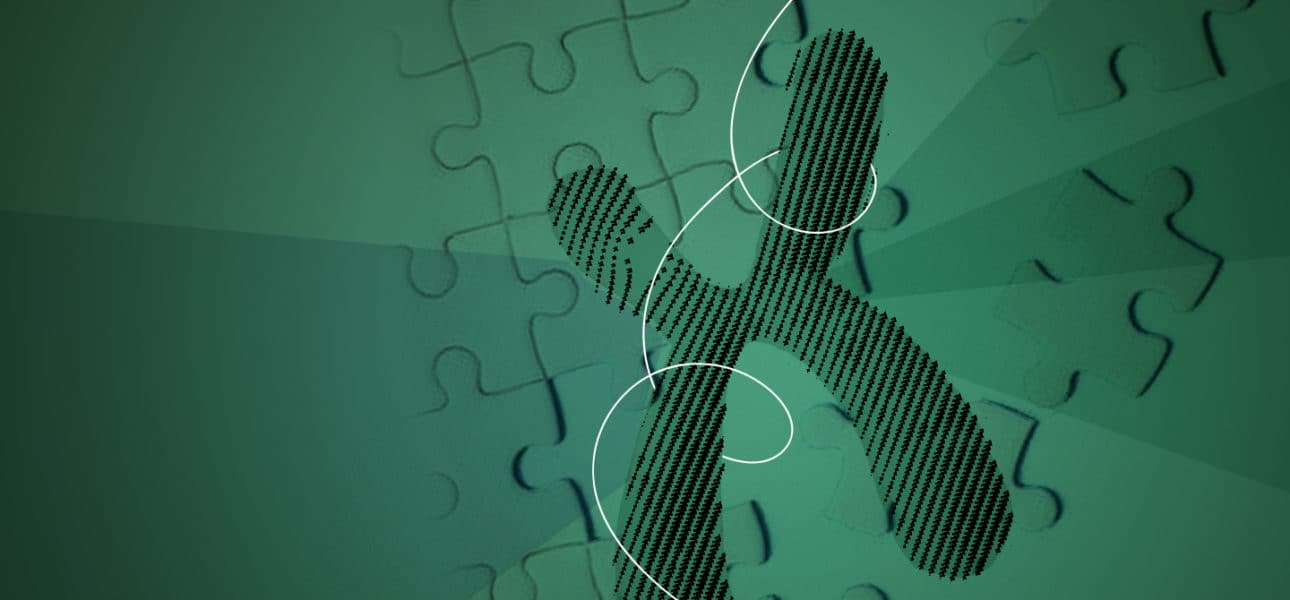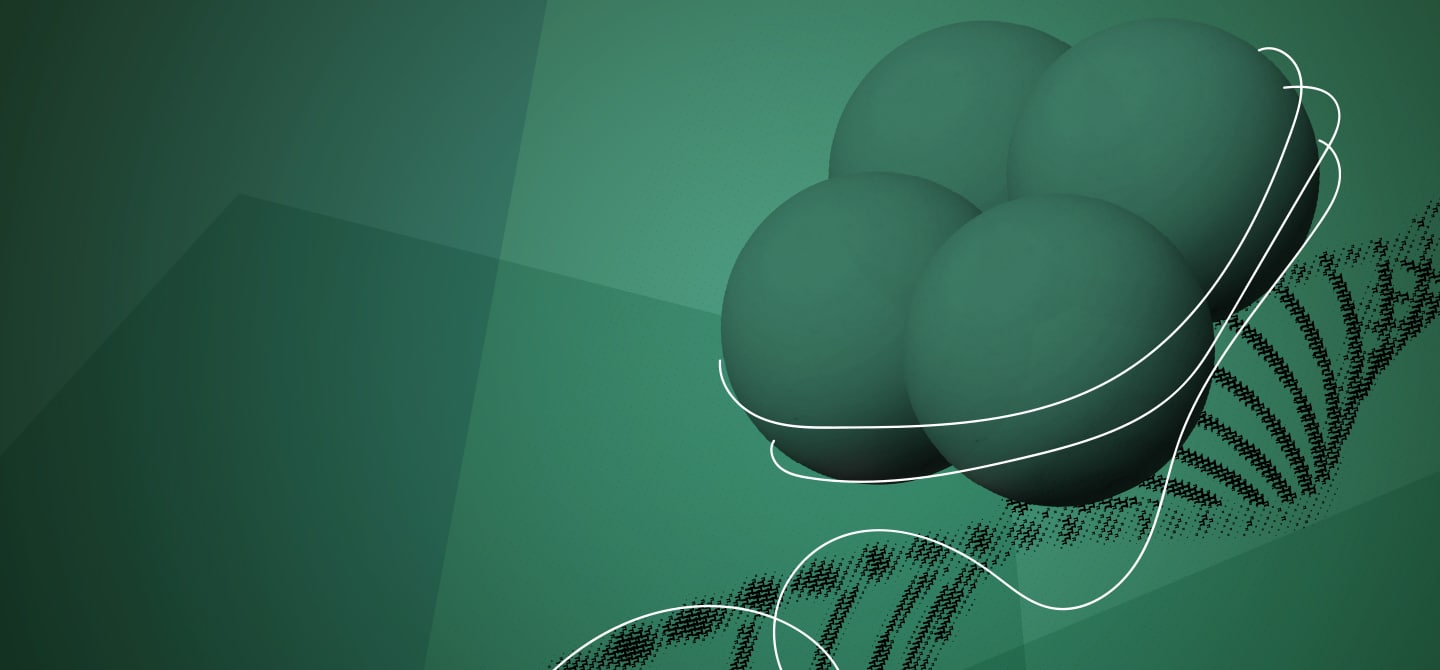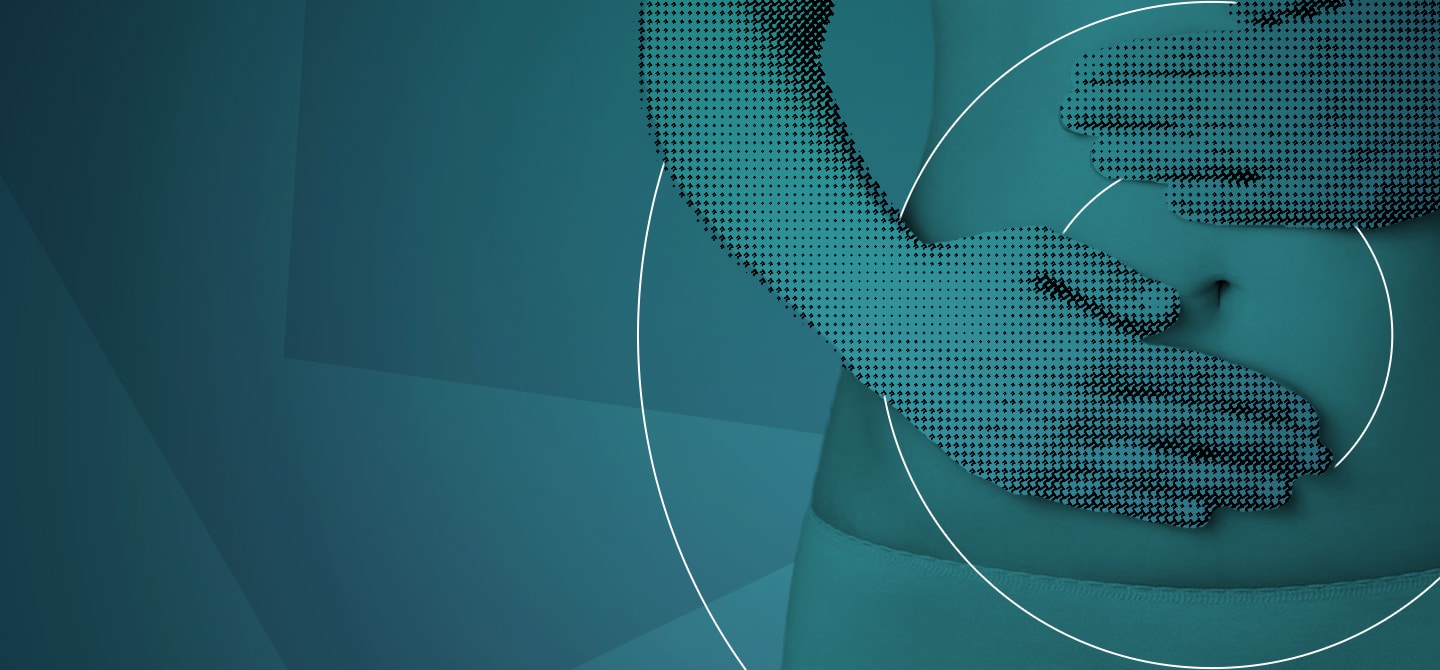The rising popularity of epigenetics is not only influencing the natural sciences. The social sciences and even the public sphere are beginning to take notice of the subject.
Why is epigenetics of such interest to the social sciences?
In the United States, much more than in France, epigenetics is indeed attracting the attention of the social sciences. Some see it as an answer to a rather old question, that of incorporation. How do social practices or experiences as diverse as food security, socialisation and situations of social adversity literally get under our skin? For a long time, sociologists, such as Pierre Bourdieu, for example, accepted hypotheses that were ultimately very speculative. They lacked the conceptual tools, and no doubt multidisciplinary collaborations, to study the influence of the social environment on biological function.
Genetics came as a breakthrough, by focusing on the intangible nature of biology. Epigenetics has overcome this obstacle. Thanks to epigenetic marks, biology can be considered as a memory of the social environment, the transmission of which is studied in its intergenerational, but also sometimes transgenerational, dimensions. This general principle has given rise to social epigenetics, an advanced and undoubtedly very investigative aspect of environmental epigenetics.
Is it a sub-discipline of sociobiology?
No. Sociobiology is often defined as a reduction of human and social behaviour to its biological foundations. Social epigenetics, unlike sociobiology, behavioural genetics or even sociogenomics, which is beginning to develop in France, is an interface: the tools of sociology help to define the relevant data of the social experience of individuals, their environment, as well as is possible. Biology produces molecular demonstrations of the cascading influence of this environment, notably through the identification of epigenetic marks, the small chemical groups that influence gene expression. Biologists and sociologists are working together to highlight the interdependence of their fields of study and to develop a multi-scale approach, all the way from the cell to society, and vice versa from society to the cell. Of course, such a collaboration is an ideal, not always achieved in practice.
How does it work in practice?
The social sciences are generally concerned with studying our lifestyles. A lot of previous work has shown a link between different early exposures, such as socio-economic class, nutrition, stress, psychosocial adversity and different health outcomes such as obesity, high blood pressure, mental health, etc. When collaborations between biologists and social scientists start early enough, i.e. at the design stage of the research project, the latter can collect real-life data. The humanities and social sciences know how to handle heterogeneous data. However, these data must be rich enough to be able to compete with the various “omics” [a set of biological disciplines that characterise and quantify masses of biological molecules]. The whole must be robust enough to be analysed by computational biology tools. This is what we are currently working on in collaboration with researchers at the Institut de biologie Paris-Seine (IBPS).
Which topics are studied in particular?
An important part of the public visibility of social epigenetics comes from the various studies devoted to situations of stress or extreme social adversity. For example, Connie Mulligan of the University of Florida is trying to measure the impact of maternal trauma on the genome and epigenome of children exposed to trauma in utero – in places of conflict such as the Congo. Since returning to France, after three years as deputy director of the CNRS international research unit Epigenetics, Data and Politics (EpiDaPo) in the United States, I have developed the EpiAgeing project, which proposes an interdisciplinary approach to the epigenetic mechanisms of pathological cognitive ageing, with a view to setting up a new patient cohort.
But for biology, the question of transgenerational heredity of epigenetics is still very much debated!
Yes, we still need proof. This work is a very exploratory and performed by only a few researchers in the world. And in the social sciences, we sometimes see speculative overkill, which can contribute to discrediting social epigenetics. Some studies seem to forget that the transgenerational transmission of epigenetic marks in humans is controversial or that most of them face major difficulties for when it comes to population sampling scales.
Beyond the academic world, this idea is becoming popular elsewhere…
Indeed, for us it is a subject of study in its own right. Epigenetics is not only a field of research, it is now also a vector for social and political mobilisation, and sometimes a legal argument. For example, tribunals in the US have used advances in social epigenetics to denounce the horrific treatment of migrant children under the Trump administration. Researchers have suggested that the undignified treatment of these children, who are separated from their parents and locked in camps after entering the US, has long-term repercussions because of its epigenetic impact. Californian law has also taken up the concept in a dramatic fashion. In 2016, state legislature decided to take epigenetics into account in the development of urban planning policies. In France, very recently, lawyers from the International Reparations Movement attempted to exploit social epigenetics to demand 200 billion euros in compensation for the crimes committed by the French state during the slave trade. The Court of Appeal in Fort-de-France considered this claim inadmissible, but we must pay close attention to the potential exploitation of epigenetics in court. These examples are far removed from research laboratories. They highlight the existence of a strategic use of science, which is neither really new nor specific to social epigenetics.








